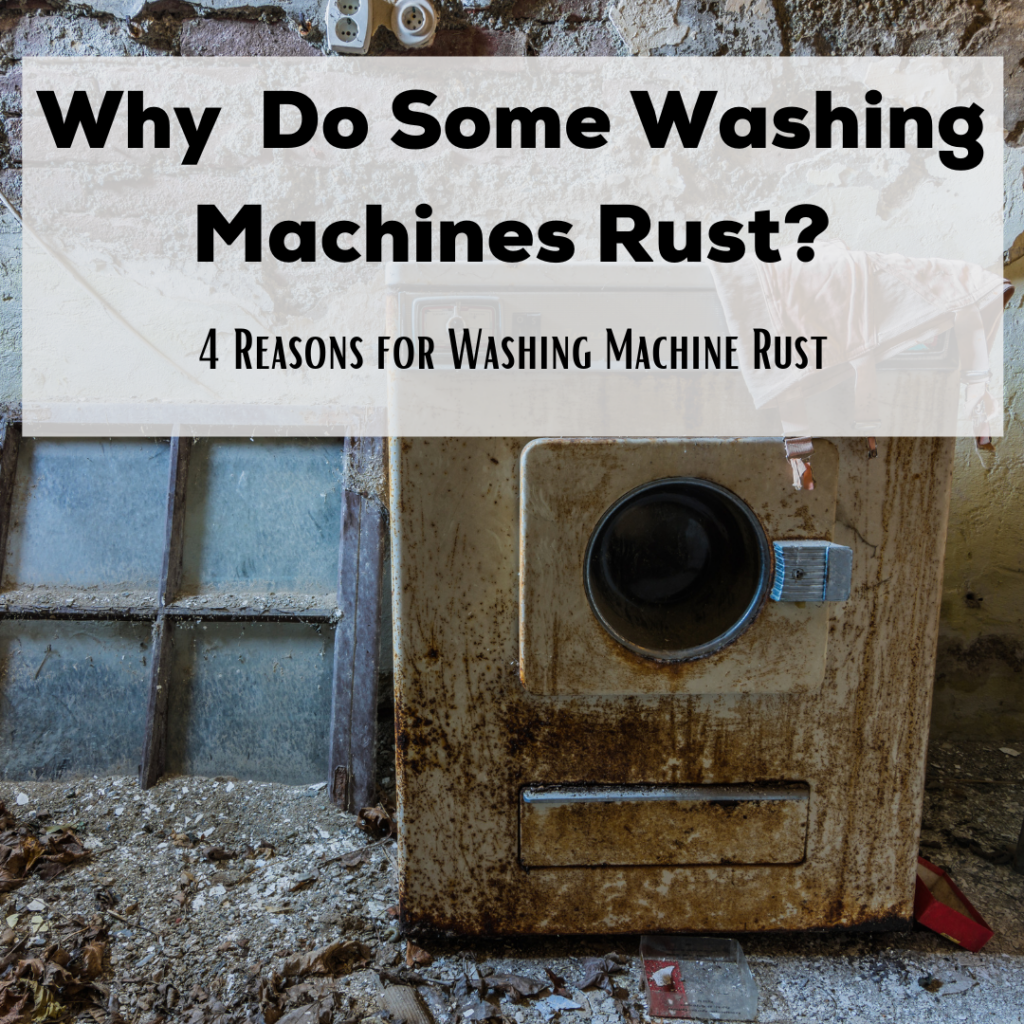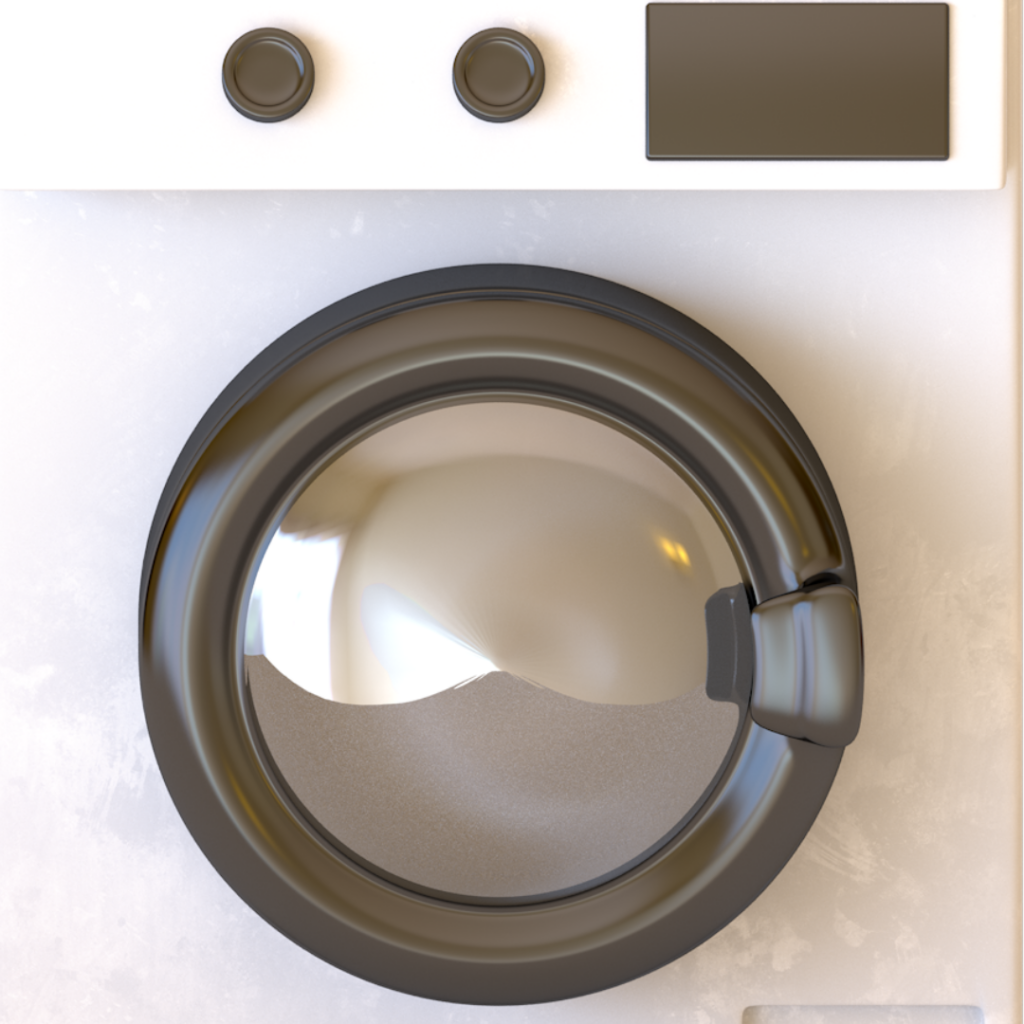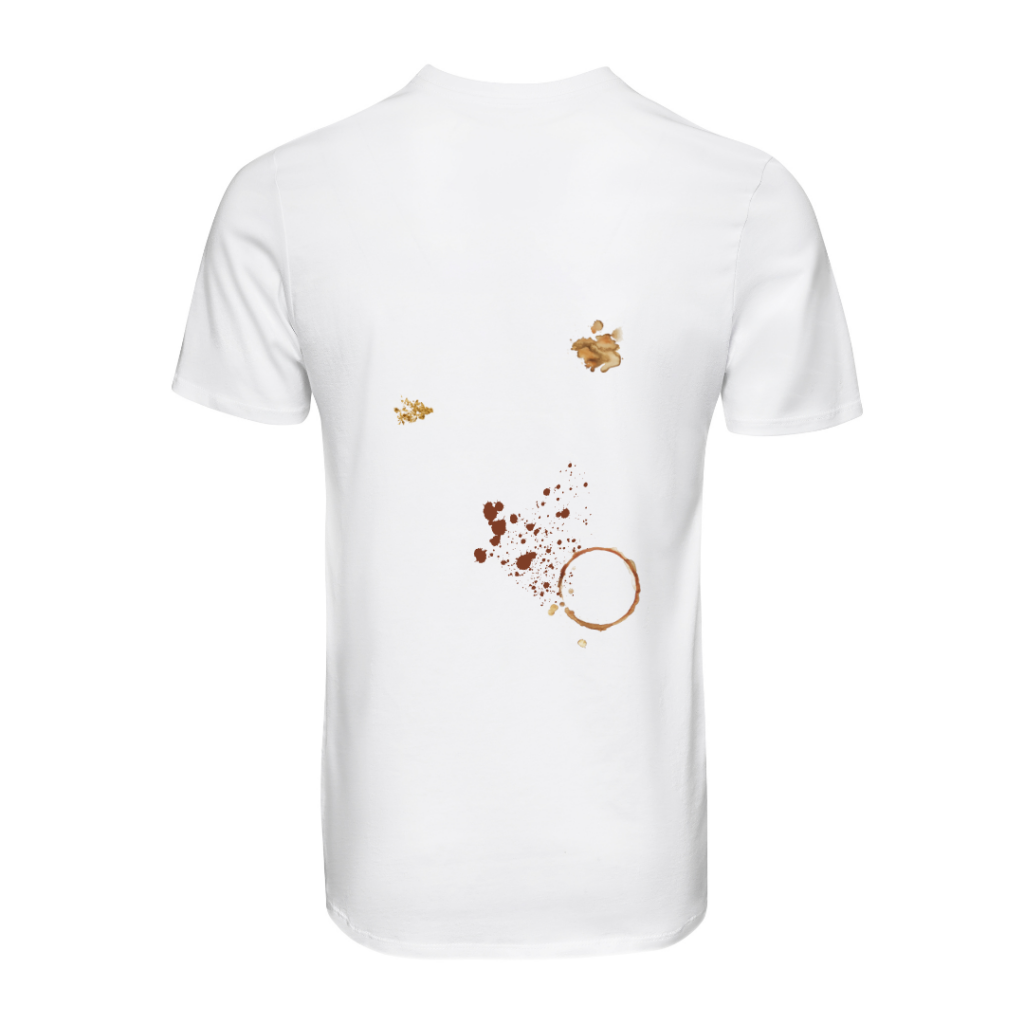Why Do Some Washing Machines Rust? (4 Reasons For Washing Machine Rust)
If your washer has rust stains on the drum or the body of the washer, then there is a risk that it can stain the laundry, right?
With a rusted washing machine, you may be afraid of using it with your whites or even your other laundry. How frustrating and disappointing it can be to have a washer contributing to the stains! So why do some washing machines rust? Is it something you’re doing wrong, a defect, or simply a low-quality washer?
Rust on your washing machine could be caused by any of the following: 1. traces of iron in the water supply, 2. keeping the lid closed after a wash cycle, 3. overcleaning with abrasive materials that expose the underlying steel to moisture and water, or 4. there is a manufacturer’s defect, perhaps in the paint or in exposed metallic surfaces, that lead to rust development.
This post explores these possible causes of rusting in a washing machine and what you may be able to do to not only stop but also prevent rusting. Keep reading to learn more!

Why is rust forming inside and on your washing machine?
No one likes to see rust form on their appliances. Below you’ll find four possible reasons rust is forming inside your washing machine.
Under each subheading, you’ll also find a tip on what to “check” on to determine if that particular issue is the genesis of your specific rust problem, as well as one task to “do” to protect your washing machine from rust. If you find rust forming inside or on the body of the washer, then it may be caused by any of the following:
#1. The water supply has some traces of iron that then form rust stains on the laundry.
This may be picked up from the hot water heater or even the supply pipes. The metallic fitting on the hoses connecting water to the washer is also known to rust over time.
Check the metallic fittings or connectors on the hose(s) supplying water to the washer for any rust. You may have to replace them if rusted.
Install a water filtration system to trap particles in the water and prevent them from getting to the laundry.
#2. Keeping the washer lid closed after a wash cycle.
This maintains a moist environment in the washer, which promotes rusting. Allowing the machine to air out after each cycle allows your machine to dry properly, decreasing the likelihood of rust developing on the drum of your washer.
Check that your washing machine lid is open after each successive wash cycle.
Do leave the washing machine lid open after removing the laundry to allow the free flow of air to both help keep the interior of the washer dry and prevent bad odors.

#3. You clean the washer with abrasive materials such as scouring pads
These damage the protective coating and expose the underlying steel to moisture and water that, lead to the formation of rust.
Check that the instruments you use to clean your machine aren’t too abrasive. For example, steel wool and hard-bristled brushes should be avoided.
Do use a soft damp cloth to clean the washer.
#4. The washer brand and model have a manufacturer defect
Some washer models have a manufacturer defect and have been recalled. Could your washer model be one of those?
You can check which appliances have been recalled by going to the United States Consumer Product Safety Commission website. It lists appliances that have been recalled.
For example, in 2017, Samsung recalled certain top loader washer models that were rusting.
Check if the washing machine model is part of a product recall.
Do contact the manufacturer immediately if the washer is still under warranty.
How to fix washing machine rust
When rust has already formed in your washing machine, it’s important to address the problem as quickly as possible to prevent the formation of additional rust. Luckily, there are several effective treatments you can try to remove rust from your washer without having to purchase a new one.
If the rust is minor, using a commercial rust remover specifically designed for appliances, such as CLR, can be a viable option. These rust removers usually come with instructions on how to apply them properly, so make sure to follow the guidelines provided.
If you’re looking for more of a DIY option, you can create a paste using baking soda and water. Apply the paste to the affected areas and let it sit for a few hours. Baking soda acts as a gentle yet effective abrasive that can help eliminate rust without damaging the surface of your washing machine. After allowing the paste to sit, use a sponge or brush to scrub away the rust. This method may require some patience and repeated applications, depending on the severity of the rust.
In some cases, vinegar can also be used to treat rust in a washing machine. Fill the drum with a mixture of equal parts vinegar and water and let it soak for a few hours. The acidity of the vinegar helps to dissolve the rust, making it easier to remove. After the soaking period, scrub the affected areas with a sponge or brush to loosen and eliminate the rust.
One last potential fix is to sand and paint over the affected area. If you choose to do this, just be sure to select a paint that won’t chip or bleed onto your clothes, and make sure you also have something in place to trap the flakes of rust that come off while you’re sanding. You don’t want these little buggers winding up in your wash drum!
If none of these work, it may simply be time to purchase a new washer. But seeing how expensive this replacement can be, it makes sense to give these possible solutions a try first. It’s better than conceding to the fact that you may lose your entire washing machine from rust and the associated problems.
Why is the washing machine leaking rusty water?
If the washing machine leaks rusty water, check the inlet water pipe – it may be broken or loosely connected.
Depending on the material of the water pipes, inlet pipes may accumulate rust deposits that then show up in the leaking water.
Inlet pipes usually have a wire mesh filter that, over time, can build up rust. Remove the filter and clean it thoroughly to remove rust.
You may have to run a couple of cycles without laundry first to clear the rust from the washer.
How to remove brown rusty stains on the laundry?
To remove rust stains from clothing, try soaking the clothes in white vinegar, or alternatively, you may use lime juice. Simply pour the white vinegar or lime juice on the affected area. Soak it thoroughly, then lay the fabric out on a flat surface and let it absorb the substance for a few minutes.
Next, you’ll want to blot the affected area with a fresh white towel. After you’ve thoroughly blotted the area, lay the garment out in the sun and let it dry until the spot begins to fade.

Closing thoughts on washing machine rust
Rust stains on the washing machine or laundry may be caused by rust buildup in the water supply connections or traces of iron in the water supply pipes, the ways in which you maintain and clean your washer, or a manufacturer defect.
Check to see if it is part of a product call or if under warranty, and get in touch with the manufacturer right away to make sure you aren’t entitled to a refund for a recalled piece of equipment. Check the areas discussed in this article to see if your rust problem is fixed. If you’ve tried all of these solutions and none of them work, it may be time to invest in a new machine!
Recommended posts
Let Us Know How We’re Doing!
Did this expertly prepared resource answer your question?
Do you have another question about home maintenance, home improvement projects, home appliance repair, or something else?
Get more information, send in questions and keep the discussion going by contacting the I’ll Just Fix It Myself company customer service team at at 1-800-928-1490 or Email us at [email protected]
